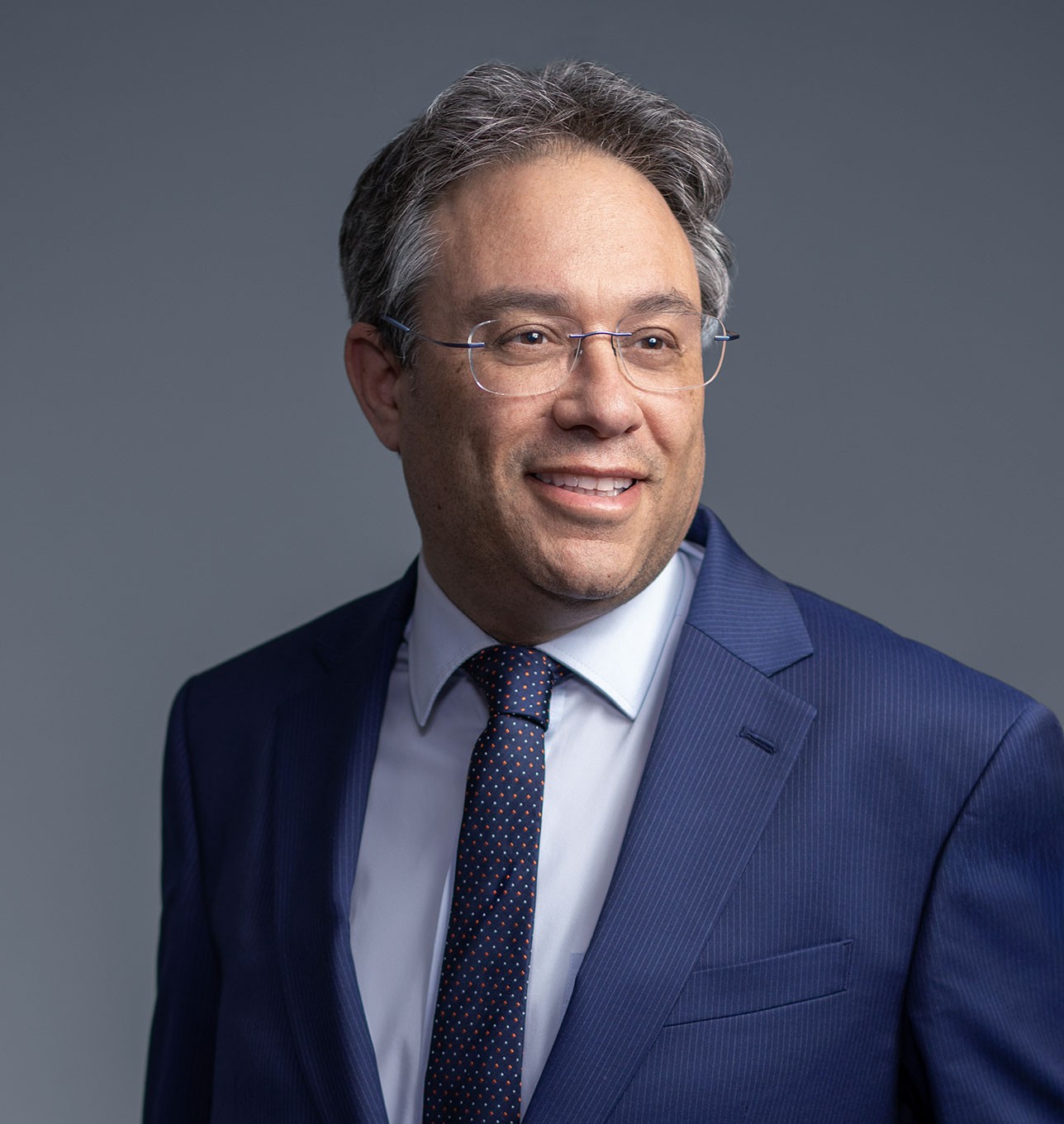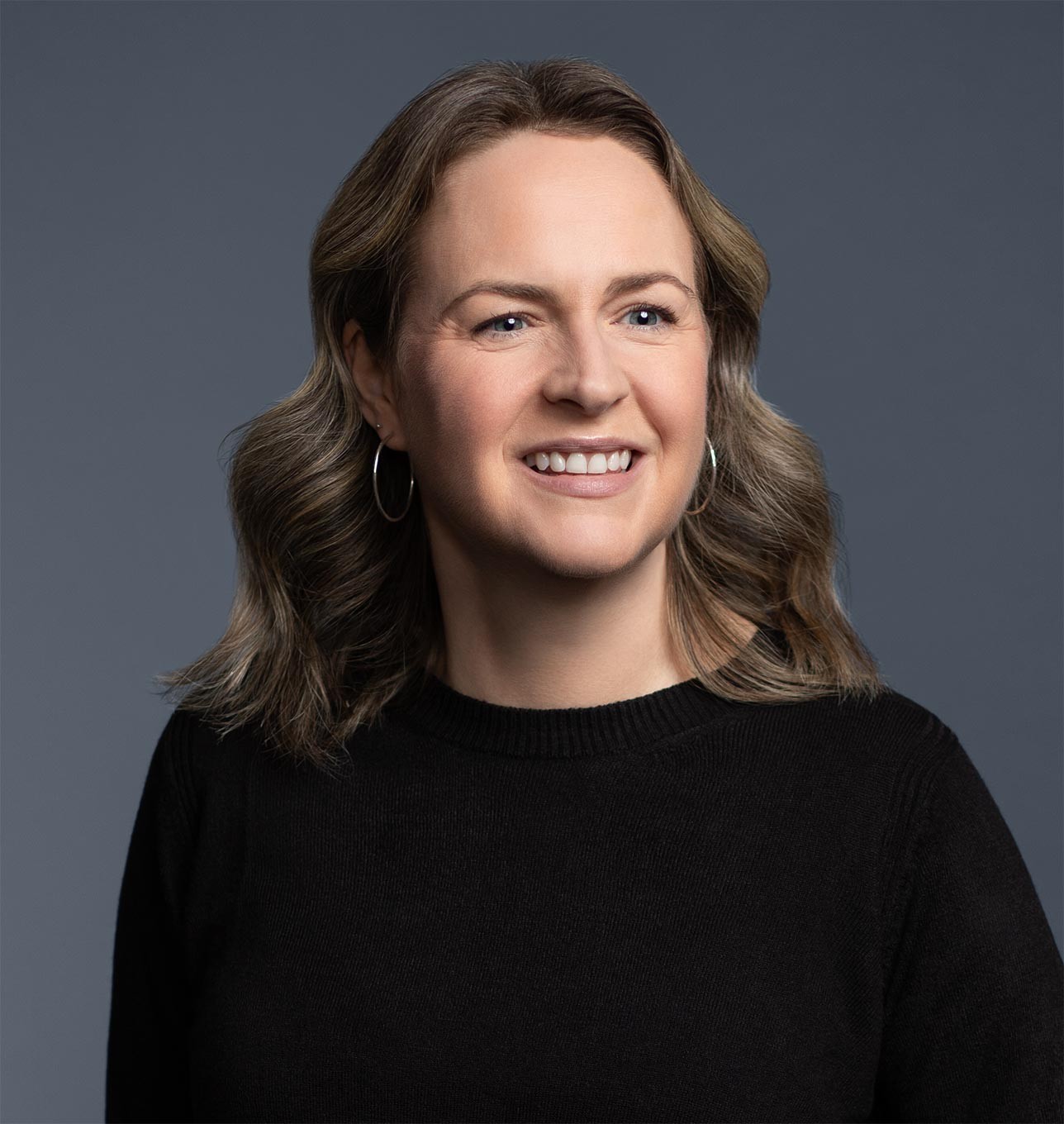DB Pension Surpluses – Relaxation of Extraction Rules
The government has responded to the previous government's 2024 consultation on options in the DB context to provide better outcomes for members, drive a more consolidated market, and enable pension funds to invest in a diverse portfolio. The response includes details of the government's proposals to make release of DB surplus from ongoing schemes easier.
Release of surplus
Currently, a surplus payment may only be made from an ongoing DB scheme if, among other things:
- The scheme rules permit a surplus payment to be made, and a trustee resolution was passed by 5 April 2016 preserving that power.
- The scheme is fully funded on the buy-out basis and the surplus payment does not exceed the amount by which the scheme assets exceed the buy-out funding level (as certified by the scheme actuary).
- The trustees are satisfied that it is in members' interests to make the payment.
- Notice of the proposed payment has been given to members.
The government intends to amend these rules by:
- Introducing a statutory power for trustees to amend their scheme rules by resolution to allow a surplus payment while the scheme is ongoing where the scheme rules do not currently allow this. The requirement for trustees to have passed a resolution by 5 April 2016 preserving their power to make a surplus payment will be repealed.
- Reducing the funding threshold which must be met in order for a surplus payment to be made to full funding on the low dependency funding basis. (This is the new funding basis which was introduced in 2024 as part of the changes to the statutory scheme funding regime. A scheme is fully funded on the low dependency funding basis where it has sufficient assets to provide for accrued benefits and is not expected, under reasonably foreseeable circumstances, to need further employer contributions.)
- Amending the statutory requirement for the surplus payment to be in members' interests to make it clear that trustees must act in accordance with their overarching fiduciary duties to scheme beneficiaries, which will remain unchanged.
Extraction of surplus will remain subject to trustee discretion and actuarial certification that the funding tests are met. The government will not mandate how surplus payments must be used. Instead, trustees will continue to be responsible for negotiating with the employer as to the extent to which members should benefit from surplus extraction. Surplus payments will continue to be taxed at 25%.
The forthcoming Pension Schemes Bill will contain the broad framework for the new regime, with further detail being set out in regulations, on which the government will consult. The government will also work with the Pensions Regulator (TPR) to develop and publish guidance with respect to DB surplus extraction. This guidance will reference a suite of options open to trustees to bring benefits to members from surplus sharing.
Role of the Pension Protection Fund
The 2024 consultation asked for views on:
- Introduction of an option for employers to pay a higher Pension Protection Fund (PPF) levy in exchange for a 100% level of PPF compensation.
- The design of a government consolidator to be run by the PPF.
The government has concluded the option of a 100% PPF underpin would not be appropriate due to the high cost and moral hazard concerns. In addition, it does not believe the underpin is necessary to encourage schemes to extract surplus.
In relation to a government consolidator, the government notes that commercial buy-out providers will offer a solution for many DB schemes but may not work for every scheme. A small, focused government consolidator, administered by the PPF, could offer an alternative solution for schemes that are unable to access commercial solutions and has the potential to help to address a fragmented pensions landscape. However, the market is changing rapidly and so the government intends to consider the possible role for, and design of , a government consolidator further. The Pension Schemes Bill will not therefore include provision for a government consolidator.
What does this mean for trustees and employers?
Once the changes to the surplus extraction regime have been made, trustees and employers of DB schemes will need to consider the extent to which they can, and wish to, take advantage of the relaxations. This will be a scheme-specific decision, but the expected TPR guidance is likely to set out some general factors that trustees and employers should take into account. Mayer Brown can assist trustees and employers by:
- Reviewing their scheme rules to understand how the changes may affect them.
- Advising on the factors that trustees and employers should take into account when deciding whether, and how, to extract surplus.
- Advising on the necessary formalities to extract surplus.
Trustees and employers of schemes who might have been interested in a government consolidator will be disappointed that no plans have been made to proceed with this proposal but should continue to monitor the government's further work in this area as well as associated market developments generally.



